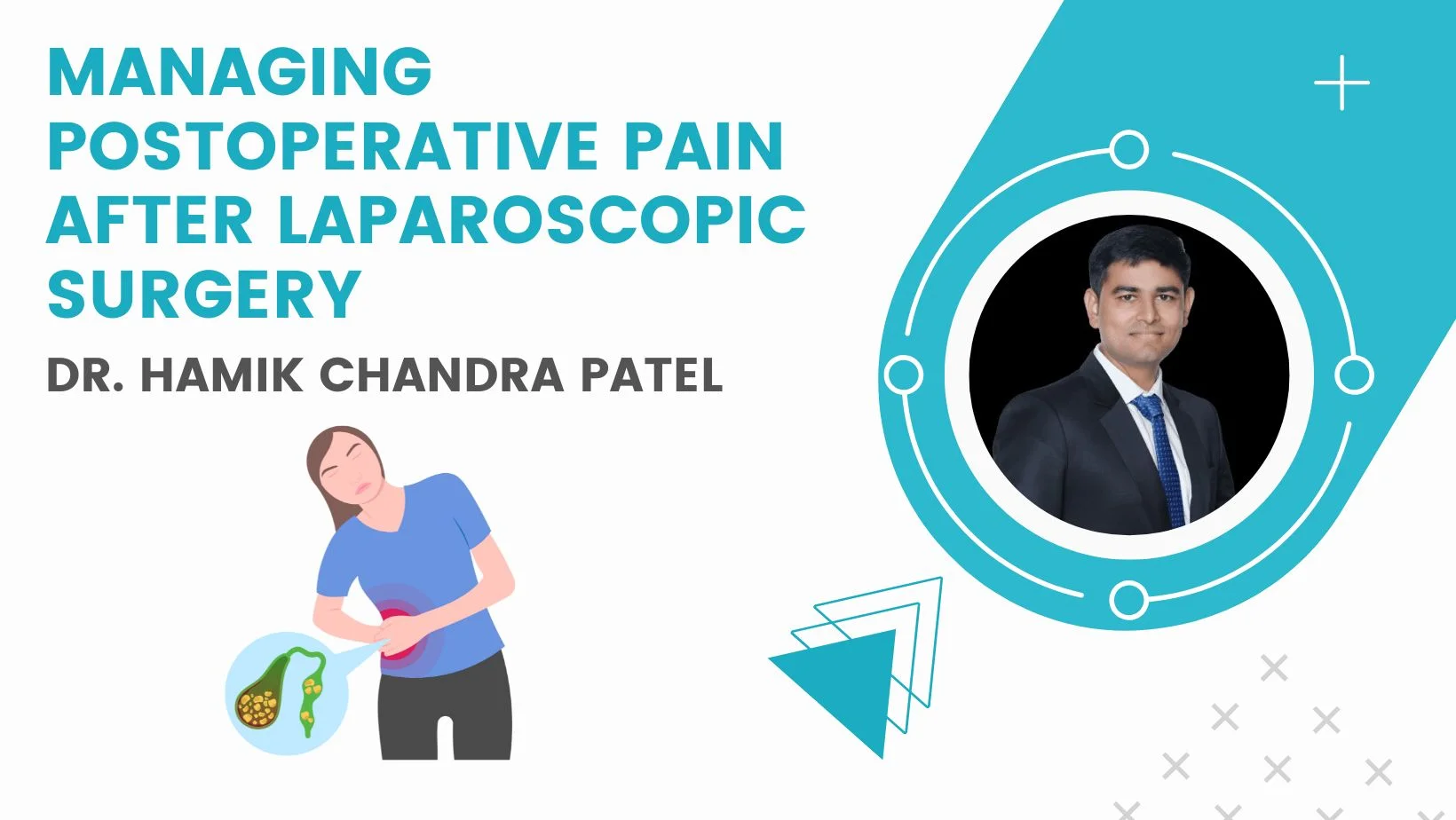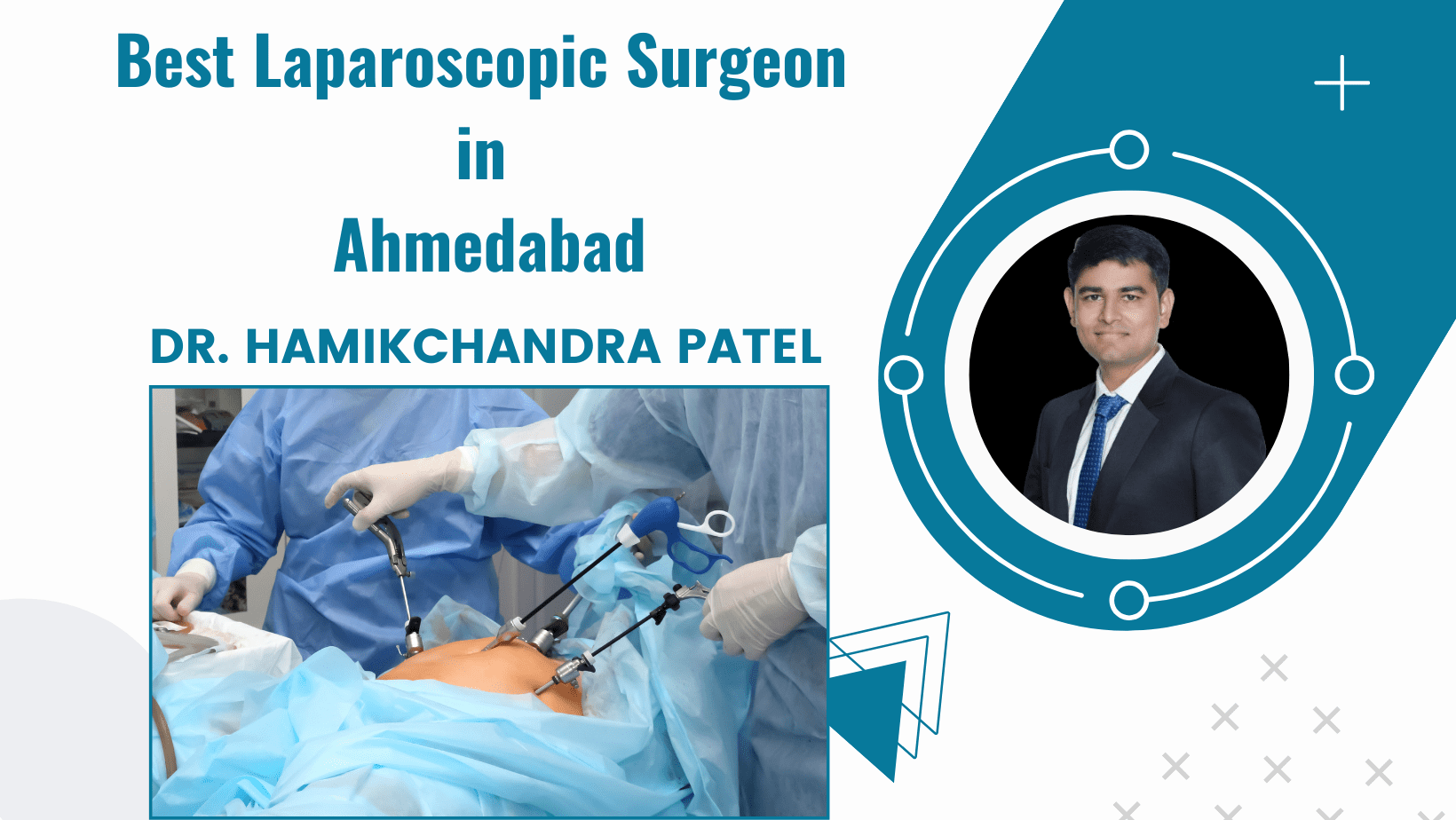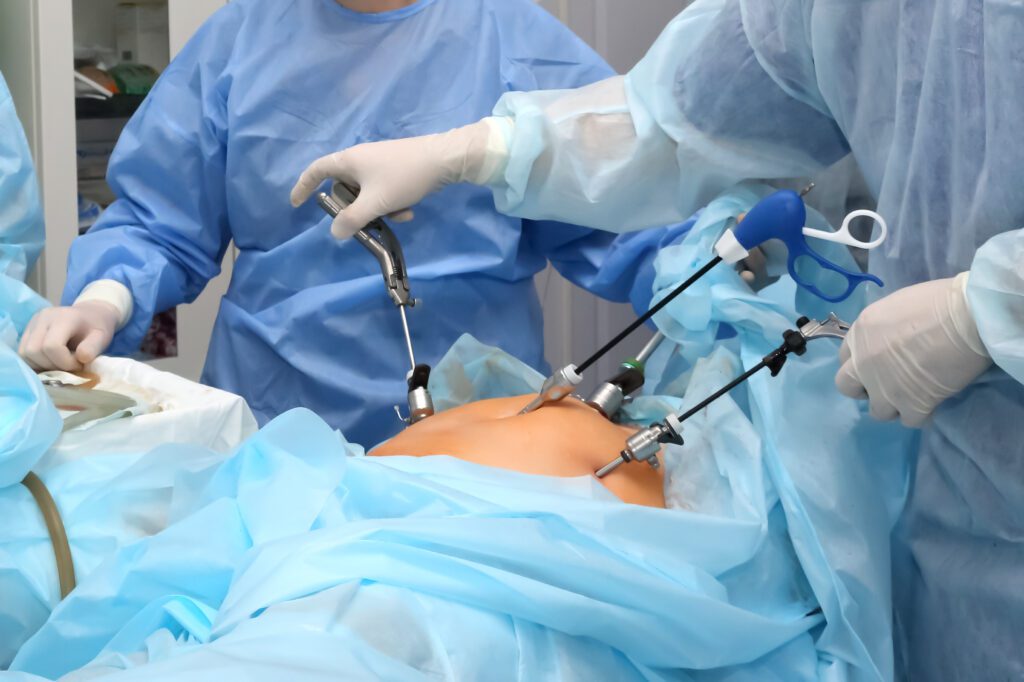Best Laparoscopic Surgeon in Ahmedabad, Gujarat: Dr. Hamikchandra Patel
One of the Best Laparoscopic Surgeon in Ahmedabad. Dr. Hamikchandra Patel stands as a paragon of surgical excellence. Esteemed as the best laparoscopic surgeon in Ahmedabad, Gujarat, his proficiency and dedication to this specialized field have earned him widespread recognition and respect.

Unparalleled Expertise and Surgical Acumen
Dr. Hamikchandra Patel's profound expertise in Laparoscopic Surgery is underpinned by extensive training and significant clinical experience. He is adept in handling a spectrum of laparoscopic procedures, ranging from routine to highly complex surgeries. His surgical prowess not only demonstrates technical skill but also reflects a deep understanding of patient-specific healthcare needs.
Commitment to Patient-Centered Care
Commitment to providing individualized patient care. He employs a methodical approach to patient consultation, ensuring a comprehensive understanding of each patient's medical history and current health status. This meticulous attention to detail is pivotal in crafting tailored treatment plans, reaffirming his position as the best laparoscopic surgeon in Ahmedabad, Gujarat.
Advanced Surgical Practices
Dr. Patel's dedication extends beyond clinical duties to the continual pursuit of medical advancement. He actively engages in the exploration and implementation of innovative laparoscopic techniques, ensuring his practice remains at the forefront of surgical excellence.
A Trusted and Respected Surgical Specialist
Dr. Hamikchandra Patel's reputation as a leading laparoscopic surgeon is well-established in medical circles throughout Ahmedabad, Gujarat. His competence in managing both conventional and intricate laparoscopic procedures has positioned him as a trusted figure in the field.
Selecting an expert laparoscopic surgeon is a critical decision for patients. In Dr. Hamikchandra Patel, they find not only a surgeon of the highest caliber but also a healthcare professional who prioritizes their well-being and recovery. His significant contributions to laparoscopic surgery in Ahmedabad, Gujarat, Known for its commitment for providing highest quality of care for patients who undergo hernia surgery.
Dr. Hamik surgical outcomes are higher than the national average, while complication rates remain much lower. As Experienced surgeon, he has performed hundreds of minimally invasive Laparoscopic surgeries each year. He is know for his low complication rates, with less than once percent returning to the operating room. Book your appointment today with DR. Hamikchandra patel
Remember that early intervention and timely Laparoscopic surgeryl can prevent complications and improve your overall quality of life. Book your appointment with DR. Hamikchandra patel for personalized guidance.
Have any Doubts or Concerns about Surgery ?
Consult Us




